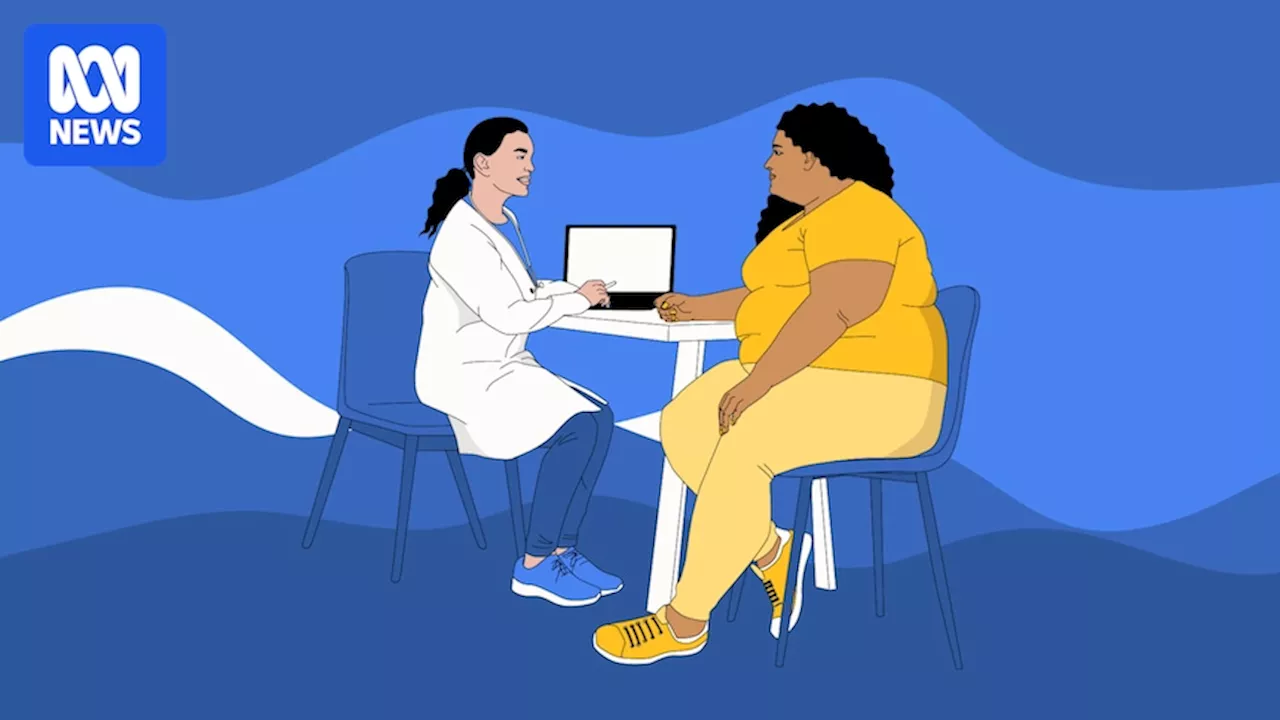A panel of experts proposes a new classification of obesity, moving beyond BMI to improve diagnosis and treatment. The goal is to reduce weight stigma and ensure access to appropriate care for those affected by obesity.
A new proposal to fundamentally change how obesity is diagnosed could have significant consequences for people's access to healthcare, treatment, and the widespread social stigma associated with weight. The Lancet Diabetes & Endocrinology published the proposal on Wednesday. They are urging for a more nuanced approach to diagnosis, moving beyond body mass index (BMI) to define when obesity is a disease.
Obesity was first recognized as a disease by the WHO in 1948, but this classification remains highly controversial even within the healthcare industry. The issue stems from the fact that obesity is a spectrum. Some individuals with excess body fat can maintain good health, while others with excess body fat experience impaired organ function, including their heart, joints, kidneys, or liver. The panel argues that a blanket diagnosis of obesity as a disease is not only inaccurate but also risks overdiagnosis, leading to unnecessary use of drugs, technologies, and surgical procedures. 'And if we underdiagnose it in others, then people who may benefit from treatment of obesity may miss out on receiving effective therapies,' says panel member and former president of the World Obesity Federation, Professor Louise Baur.To address this, the commission recommends a new approach recognizing two categories of obesity: clinical obesity and preclinical obesity. Clinical obesity is a chronic illness where excess body fat causes reduced organ function or significantly reduces the ability to perform daily activities, such as bathing, dressing, eating, and maintaining continence. Currently, obesity is defined as having a BMI greater than 30 – or 27.5 for Asian populations. BMI does not reflect an individual's health and can be high not only due to excess fat but also as a result of strong muscle mass or bone mass. 'It doesn't tell us how well our organs are working,' says commission chair Professor Francesco Rubino of King's College London. Evaluating obesity, therefore, should include BMI plus at least one measurement of body size, such as waist circumference, waist-to-hip ratio, or waist-to-height ratio. If obesity is confirmed, individuals should then be assessed for possible clinical obesity based on findings from medical history, physical examination, and standard laboratory tests. Over 1 billion people worldwide are estimated to be living with obesity, including about a third of Australian adults – or 6.3 million people. Many of those individuals experience weight stigma in both social and healthcare settings, largely because of the misconceptions surrounding obesity. Individuals enduring weight stigma or discrimination around the world have a 60 percent greater risk of mortality and are often denied access to appropriate care. 'They are shamed and blamed and have largely been ignored in terms of therapeutic interventions,' says Professor John Dixon of the Iverson Health Innovation Research Institute, Swinburne University of Technology. 'And they don't seek care because they feel they are to blame.' Yet, the science shows that genetics and a person's environment are largely responsible, Dixon adds: 'Those two things, they had no choice in.
OBESITY DIAGNOSIS WEIGHT STIGMA HEALTHCARE TREATMENT
Australia Latest News, Australia Headlines
Similar News:You can also read news stories similar to this one that we have collected from other news sources.
 Redefining Obesity: A New Approach to Diagnosis and TreatmentA new proposal suggests a shift in how obesity is diagnosed, moving beyond BMI and recognizing two categories: clinical and preclinical obesity. This change aims to improve healthcare access, treatment, and reduce weight stigma.
Redefining Obesity: A New Approach to Diagnosis and TreatmentA new proposal suggests a shift in how obesity is diagnosed, moving beyond BMI and recognizing two categories: clinical and preclinical obesity. This change aims to improve healthcare access, treatment, and reduce weight stigma.
Read more »
 New Guidelines Redefine Obesity: 'Clinical' and 'Pre-Clinical' Categories ProposedGlobal health leaders propose a 'dramatic overhaul' of how doctors view obesity, introducing new categories 'clinical obesity' and 'pre-clinical obesity' based on health impact rather than solely BMI. The new guidelines aim to address the ongoing debate about obesity as a disease and its risk factors.
New Guidelines Redefine Obesity: 'Clinical' and 'Pre-Clinical' Categories ProposedGlobal health leaders propose a 'dramatic overhaul' of how doctors view obesity, introducing new categories 'clinical obesity' and 'pre-clinical obesity' based on health impact rather than solely BMI. The new guidelines aim to address the ongoing debate about obesity as a disease and its risk factors.
Read more »
 Could a new definition change the way we think about obesity?A group of international and Australian experts say current approaches are too reliant on BMI.
Could a new definition change the way we think about obesity?A group of international and Australian experts say current approaches are too reliant on BMI.
Read more »
 From sunburn to storms: How climate change is redefining the Aussie summer getawayMore and more Australians are opting for safer holiday destinations to ensure their hard-earned breaks aren’t scuppered by extreme weather events.
From sunburn to storms: How climate change is redefining the Aussie summer getawayMore and more Australians are opting for safer holiday destinations to ensure their hard-earned breaks aren’t scuppered by extreme weather events.
Read more »
 From sunburn to storms: How climate change is redefining the Aussie summer getawayMore and more Australians are opting for safer holiday destinations to ensure their hard-earned breaks aren’t scuppered by extreme weather events.
From sunburn to storms: How climate change is redefining the Aussie summer getawayMore and more Australians are opting for safer holiday destinations to ensure their hard-earned breaks aren’t scuppered by extreme weather events.
Read more »
 From sunburn to storms: How climate change is redefining the Aussie summer getawayMore and more Australians are opting for safer holiday destinations to ensure their hard-earned breaks aren’t scuppered by extreme weather events.
From sunburn to storms: How climate change is redefining the Aussie summer getawayMore and more Australians are opting for safer holiday destinations to ensure their hard-earned breaks aren’t scuppered by extreme weather events.
Read more »
